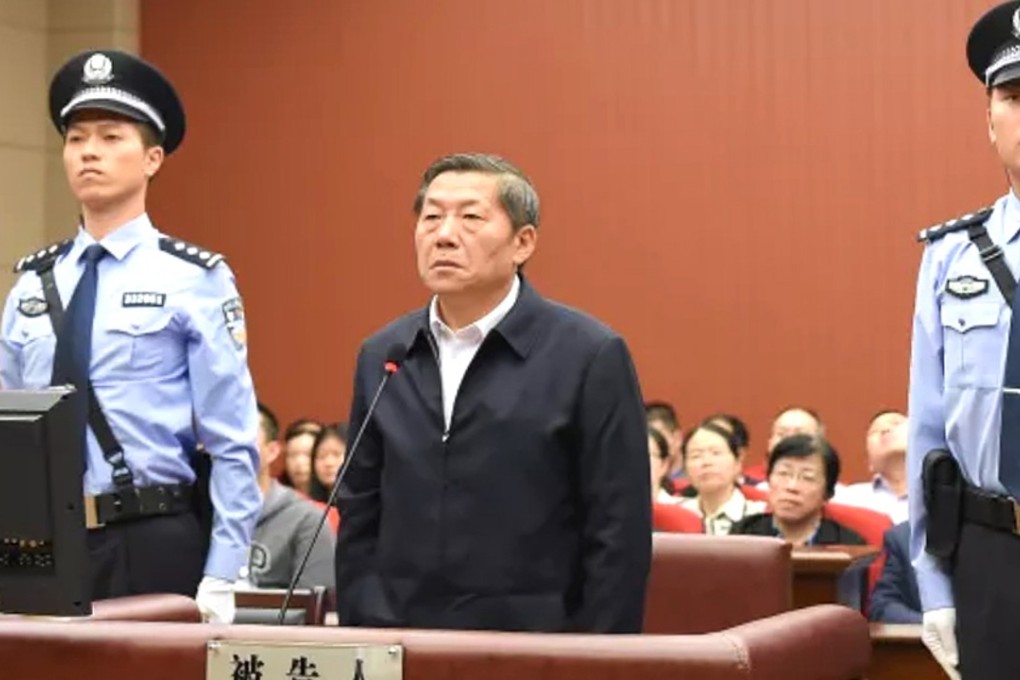China’s former internet tsar Lu Wei pleads guilty to corruption
- The once flamboyant gatekeeper of the world’s largest online population was grave and pale in his court appearance
- Sentencing date has not yet been announced

China’s former internet tsar Lu Wei has pleaded guilty to taking bribes of 32 million yuan (US$4.6 million), according to provincial court authorities.
Lu, the former head of China’s powerful internet regulator, the Cyberspace Administration of China (CAC), appeared in court in eastern Zhejiang province on Friday morning.
He was accused of taking advantage of his positions – and the power and status that came along with them – to seek profits for others on matters such as network management and promotions, the Intermediate People’s Court of Ningbo heard.
In return, Lu accepted bribes, either directly or through a third party, prosecutors said.
China sends ex-colleagues of former internet tsar Lu Wei to ‘education sessions’
The court heard Lu’s crimes spanned his decades-long career at state news agency Xinhua, the Beijing municipal party committee and government, the CAC and the party’s Central Publicity Department.
Lu pleaded guilty to the charges and “expressed repentance”, the court said, without setting a date for sentencing.